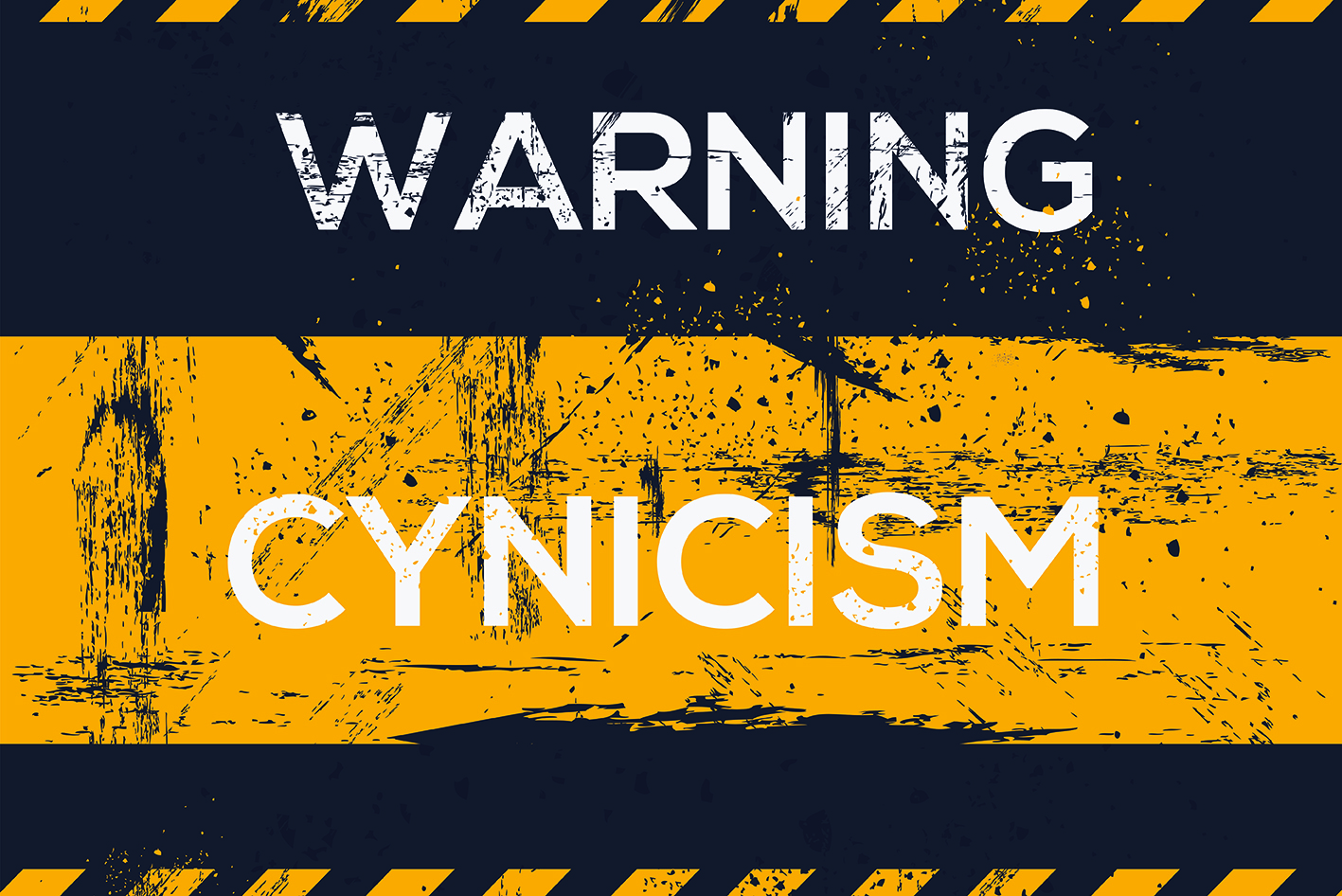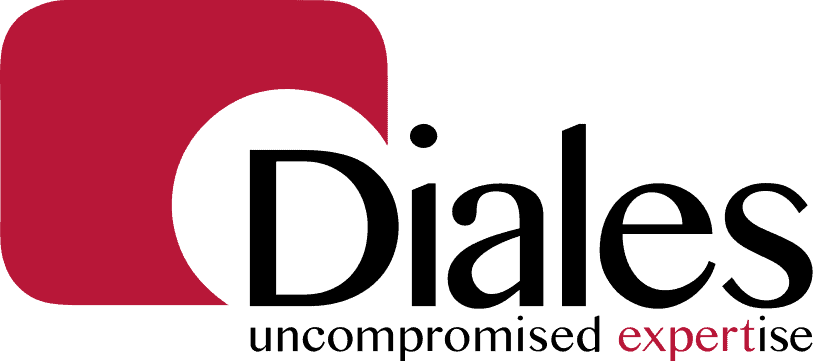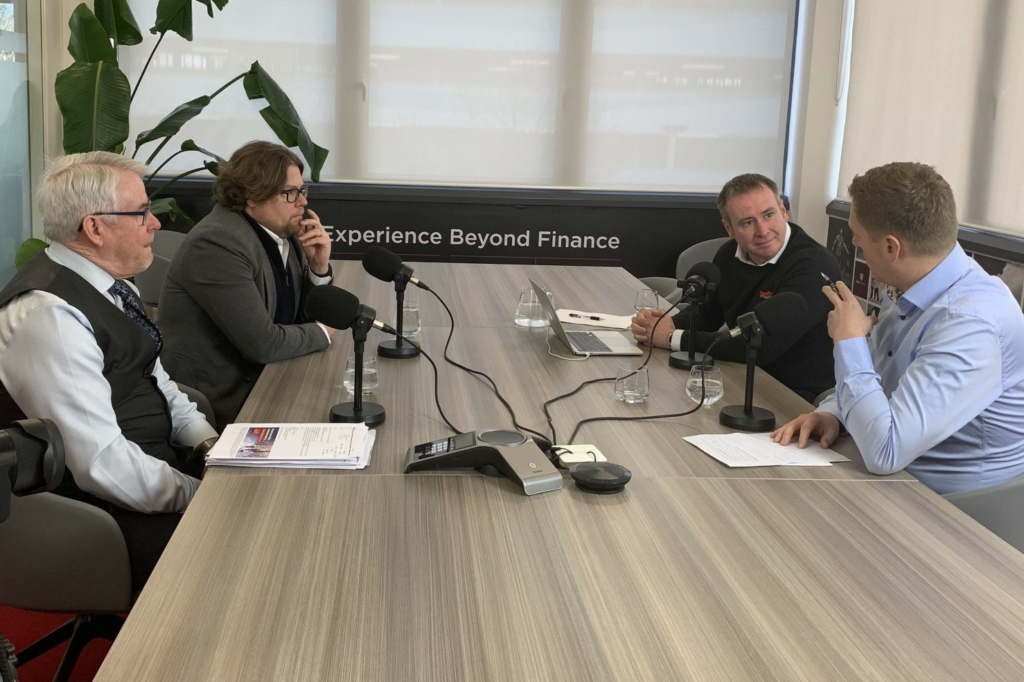Where cynicism comes into play

An acquaintance of mine once told me of his frustrations with his former company’s HR department, whose guidelines restricted his ability to phrase job adverts as he wished. A new law regarding ageism meant he could not give a minimum age for the role of commercial manager. Some editing and creative licence was required, and he managed to get away with “… it is unlikely that anyone below 35 will have reached the required level of cynicism for this role…”. Mark Wheeler, CEO of Diales takes at look at the role of cynicism in major projects

Some cynicism can be a healthy thing. It comes with experience. It makes you want to test things, not take them at face value. Qualifications in cynicism are freely available from both the school of hard knocks and the University of Life. I have been fortunate enough to work on some of the world’s largest projects in recent years, and I have seen all kinds of new technologies deployed and a wide range of management styles and techniques employed. When I have seen these projects as an independent expert, in the context of a dispute, I almost always find very significant, often shocking, deficiencies in the records and documents.
It is not uncommon to find a 3D or 4D model that contains missing data, BIM that has not been set up correctly and has gaps in its data, and progress records on file that contradict the Primavera programmes in significant ways. I have seen both drawings extracted from models that are undated and without a revision reference, and drawings dated later than earlier drawings, but with far less detail on them and no record of any change. Data often conflicts between systems and sometimes even within the same system. The projects that have these issues are not being run by small companies, or those without good reputations. These issues exist on major projects run by some of the world’s leading contractors and consultancies.
So, what makes keeping construction data complete, accurate, and up to date such a challenge; and what can we do about it?
The first thing to do, is to accept that the data will come in many different formats, and that there will always be compatibility issues.
This is where there is a need for experienced construction professionals to work with top IT experts, to ensure that the requirements are clear and the integration requirements are identified for the IT team to assess and derive a solution.
There also needs to be a robust end-to-end test of the systems that have been installed, to ensure that they work, and an ongoing audit to ensure they will continue to work as intended. This is where cynicism comes into play – as the quality check. Cynicism will assume that the systems don’t work, and aren’t complete, until proven otherwise. Then you should check again, and again once more. If you change the systems, you need to do the checking again.
HOW?
I have advised on record keeping and software a few times and I usually suggest a four-stage approach.
STAGE ONE: scope definition
Setting out a briefing document which details what will be recorded and created, by whom, and in what format, what connectivity is required, and what will be the overall architecture for storage, retrieval, and reporting. This can be an involved process, but there is nothing more frustrating than a beautiful dashboard, that is obviously wrong. The types of software and file formats will need to be reviewed and analysed. One particularly useful strategy can be to create a data archive, which acts as a Single Source of Truth. This is then connected to all of the systems, rather than attempting to constantly translate formats directly between software.
STAGE TWO: design and build
This process should be straight forward from a well-defined brief, especially if you are using standard industry software packages. There really is no need to re-invent the wheel as all of this already exists, from record gathering apps to data storage and archiving, programme software to design suites. The real challenge is making it work together. Properly.
STAGE THREE: test and verify
This is the place for the cynics. Check it all, check it twice, then check it again based on real time tests, with real data input. I have been told more than once how time entry works, only to insist on being shown it there and then, and watching it fail at every entry. Only when fully signed off by the stakeholders can you progress to the next phase.
STAGE FOUR: operate and regularly re-verify
Operation is going to depend on the training of the operatives. Many problems are rooted in a lack of training and are often termed as ‘PICNIC’ problems. This acronym is used by computer experts to describe user issues. ‘Problem In Chair Not In Computer’.
Things change, software is upgraded, people leave or retire and are replaced, so make sure you get your cynics back once a month to ask some tough questions and verify that you are still working at the desired level of accuracy.
CONCLUSIONS
On any project, record keeping, document control, and the integration of software systems is important. Critically important. Cynical checking is therefore required, and on mega projects, mega-cynicism is needed and on giga projects, well you can guess, so get in touch – [email protected]



















